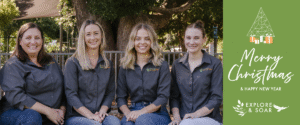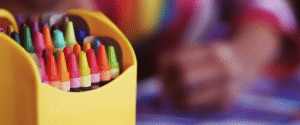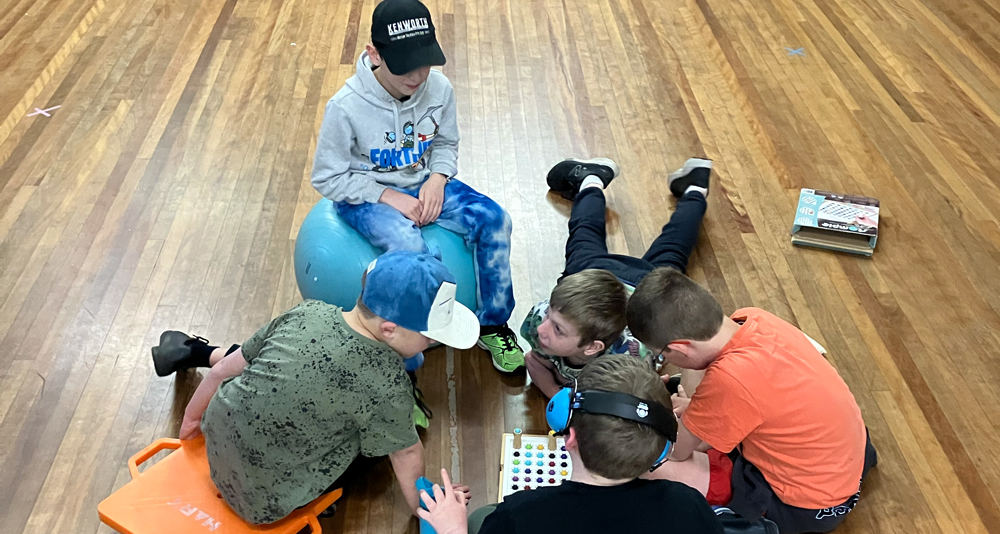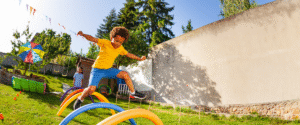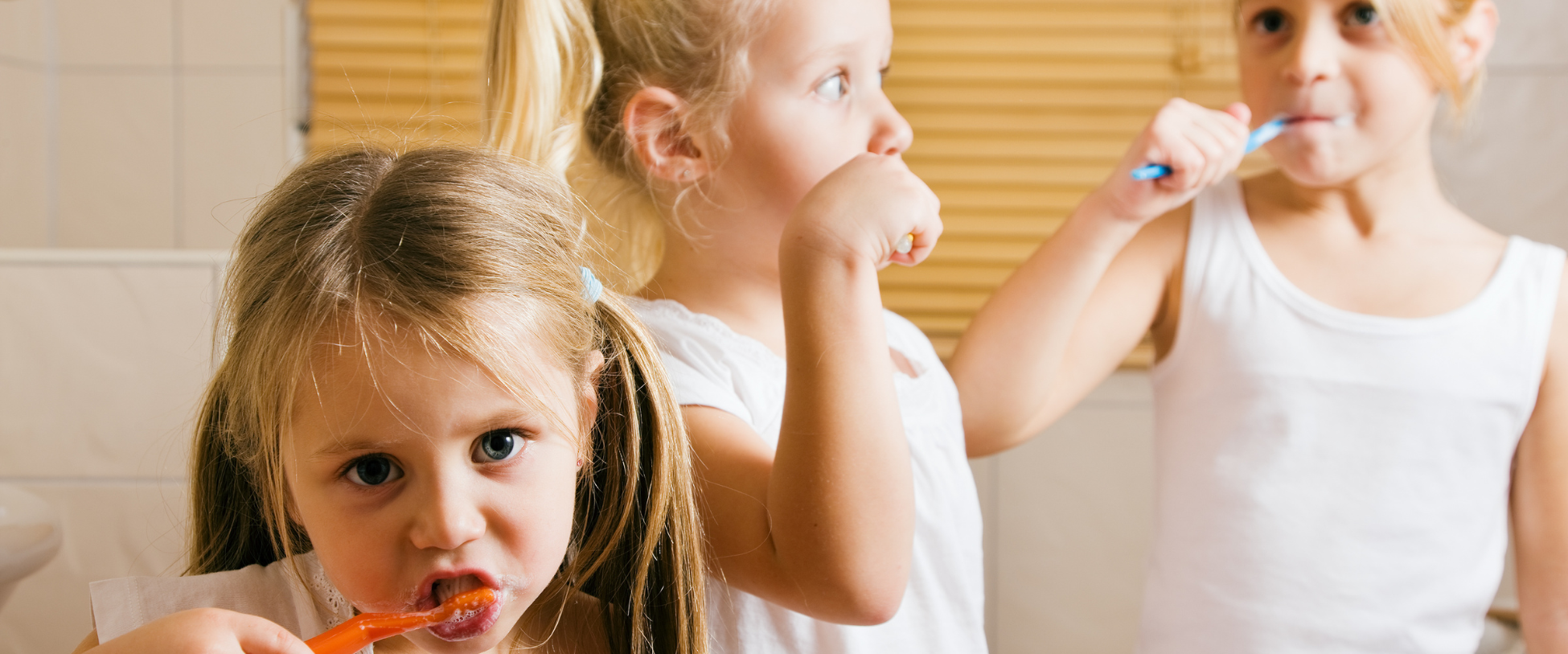
HOW SELF-CARE SKILLS FOSTER YOU AND YOUR COMMUNITY CONNECTIONS
Self-care is a significant part of our lives, often taking up periods of time in daily and weekly routines. It is a part of us; routines are established when we are newborns as our parents or caregivers navigate new routines for our sleep, eating, toileting, bathing and playing. The first 2 years of life are critical for understanding and laying the foundations for self-care skills and mimicking these self-care activities and routines within our play. This leads to a greater understanding of how self-care activities significantly contribute to our lifelong wellbeing, meaning in the world, transitions and supports our ability to show up everyday for ourselves, family members, work colleagues and connections within our communities.
What is self-care?
Self-care within occupational therapy is often referred to as activities of daily life. This includes activities such as dressing, showering, grooming tasks including brushing our teeth and hair, sleeping and eating. These are all vital skills and activities that are completed each day. However, everyone’s definition of self-care differs, as can the activities or the time spent on them each day can too. Whenever I think of self-care, my mind goes to skin care and exercise – these are personally meaningful self-care tasks that support my wellbeing and enable me to confidently show up and be myself everyday at home, work and in the community.
Self-care tasks are vital to contributing to your whole wellbeing. Engaging in these activities can support your physical, mental, emotional and spiritual health, play and occupational (school/work) wellbeing. Here are just a few examples of what self-care activities can look like and the contributions they play in your everyday life.
Supporting your development in self-care!
Sleep is one of the most impactful self-care activities that we can do. Sleeping is so important to support our health and wellbeing. By prioritising our sleep and ensuring we get enough each day has significant impacts not only on our emotional and mental health but our social wellness as well, by supporting our ability to engage in our community in social situations and build connections with others. However, for some people, sleep doesn’t always come easily. As OT’s, we love being able to support our children and families with a range of strategies to help or problem solve with you around how to better improve sleep. Check out our blog for more ideas or share your concerns with one of our OT’s today. Here is a link to a blog all about improving sleep hygiene to support your child’s health.
Eating is another way to continue to improve your wellbeing. Finding a balanced diet that suits your individual needs, fostering energy, growth and enjoyment in your daily life is vital to building upon your wellbeing. This can look different for each individual as no one size fits all. There are a range of recommendations out there, however, what we love about food is that it can be a tool for connection. It is a great time to sit down at a dinner table and connect with your family. Or, a way to connect with your extended family and friends throughout different times of the year, especially when life can get busy. We are known for enjoying a shared meal, such as having a barbeque at the local park, going out to dinner or for a coffee, as a way to connect/reconnect with others in our support network as well as provide opportunities for others to share in the joy of food and company together. Do you have other favourite ways of connecting with others through food? We’d love to hear your thoughts in the comments below.
Exercise is a self-care task that is known for its ability to not only improve your physical wellbeing, but your emotional, social and mental wellbeing too. There are a number of ways you can utilise exercise to support your engagement in the community. Here’s a blog about gross motor movements and engaging within the community.
Personal care further assists in achieving wellbeing. This term encompasses an array of tasks that include styling your hair, brushing your teeth, shaving, skin care, applying deodorant. While these may not be tasks you can complete socially, they help us to feel and be clean, to refresh, to feel stylish and express ourselves, and stay physically healthy, which in turn enables us to access the community with confidence.For me, completing my skin care routines assists me to feel refreshed, clean and supports my overall energy and wellbeing in actively participating each day in everything I find joy in. Do you have routines that help you start or end the day feeling good or productive? We’d love to hear your thoughts in the comments below.
I love that the way I dress is another form of self-expression. We all share who we are to the world via the way we dress. It can be used as a way to support appropriate and safe access to the community by supporting our spiritual, emotional and mental health through true expression of ourselves. Often allowing for how we dress can assist in the creation of connections. For example, wearing the same pokemon or minecraft shirt as someone else, or the same sparkly dress can be a great ice breaker and quick form of connection with others when out and about. Additionally, we have our own biological rhythms that help us identify the temperature outside, and any additional environmental demands that support us in making decisions on how to best to dress to suit the conditions such as rain, wind or sun directly assist us in achieving wellbeing.
The Power of Self-care
Overall, self-care activities are everyday tasks that we complete and they may be second nature. Some are conscious everyday decisions, others need more direction because we know it’s what we need but may not enjoy them as much. That is ok. We all have activities that we love and those we don’t.
The power we do have over self-care activities includes doing the necessary ones, often known as non-negotiables, and then choosing which activities help us, make us feel good, bring us joy and allow us to be the best person we can be. Finding the comfort in these activities and sharing to the world who you are and what you enjoy only increases your opportunity for connection, with you and everyone around you benefiting greatly.
At Explore & Soar, we love working with our clients, helping them figure out who they are as people, sharing themselves, building their independence in self-care skills and developing these routines. If you want to know or learn more, reach out to one of our clinicians today.
If you’d like to chat more, please don’t hesitate to contact us today! Call us on 0477 708 217 or email admin@exploreandsoar.com.au
Until next time,
Sophie
PUBLISHED AUGUST 2025


